The stronger it is, the more you can grow
“You’re either self-appreciating or self-depreciating. There is no middle.”― Lana M. H. Wilder
The end of the year is deceiving. This fictional boundary puts our focus on the future — we all think about improving ourselves.
Your life is like a house. There’s nothing wrong with dreaming about having nicer windows or changing the colors of the walls. But if the foundation is not strong enough, the house won’t hold the weight — it will collapse.
When you dream to become someone else, you stop valuing who you are.
Self-appreciation is the foundation of a happy life. Without it, you can’t build a bigger you.
You Become Who You Say You Are
“What lies behind us and what lies before us are tiny matters compared to what lies within us.”– Ralph Waldo Emerson
Self-growth is about becoming the best version of yourself, not someone else. Appreciating who you are is the secret for a strong foundation — you can build on top of what you already are.
Self-Appreciation is not self-esteem, as I explain here — it’s not about feeling special but accepting your uniqueness instead.
Our society is rooted in high self-esteem — it pushes us to be special, unique, and above average.
That’s why we focus too much on what’s visible — the exterior. And pay little attention to our foundation. Pursuing self-esteem is directly linked to anxiety and depression disorders — the more you want to become someone else, the less you can value yourself.
We were taught to feel unworthy and undeserving — we become what others say we are.
As Jon Kabat-Zinn, the man who brought mindfulness into the mainstream, explains: “Perhaps we just need little reminders from time to time that we are already dignified, deserving, worthy. Sometimes we don’t feel that way because of the wounds and the scars we carry from the past, or because of the uncertainty of the future.”
Research shows that we tend to see ourselves through the ‘eyes of others’ — we find it difficult to separate how we perceive ourselves and how our ‘imaginary audience’ does. This exaggerated sense of being ‘on stage’ all the time, results in harsher self-criticism.
“It is doubtful that we came to feel undeserving on our own. We were helped to feel unworthy. We were taught it in a thousand ways when we were little, and we learned our lessons well.” — Kabat-Zinn continues
Self-esteem is contingent on an idealized version of success created by others — when things don’t go as expected, our life collapses.
Unfortunately, high self-esteem won’t rescue you from stress, anxiety, or depression. Feeling special is not enough to fix a broken foundation.
Take a look at me. Am I not beautiful?









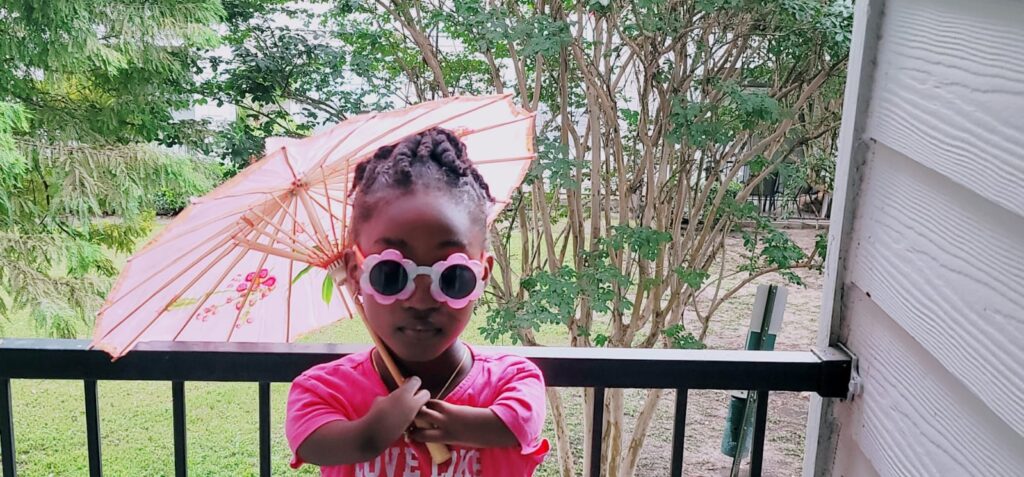
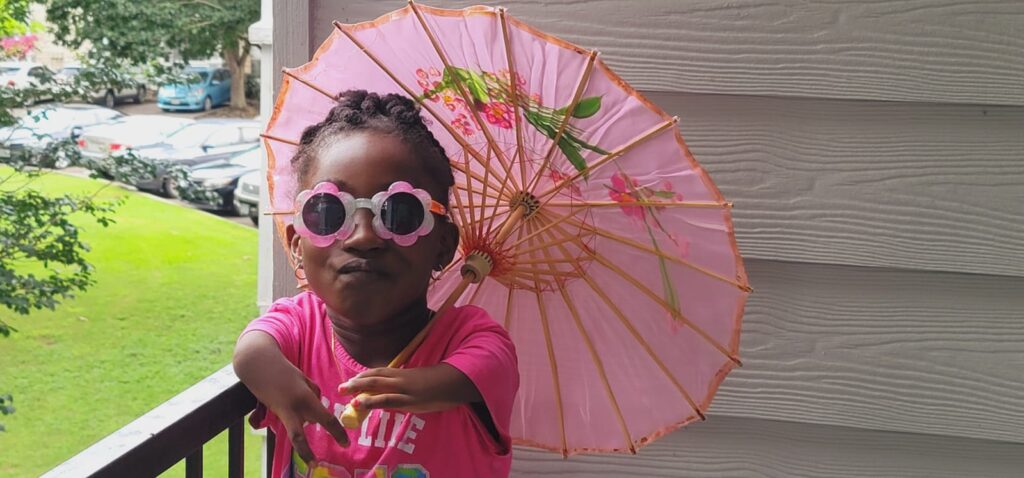




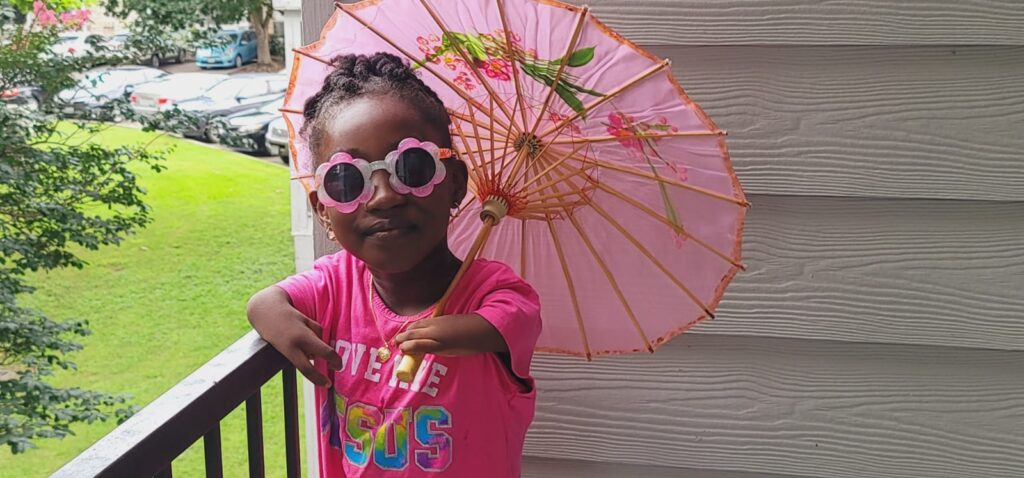
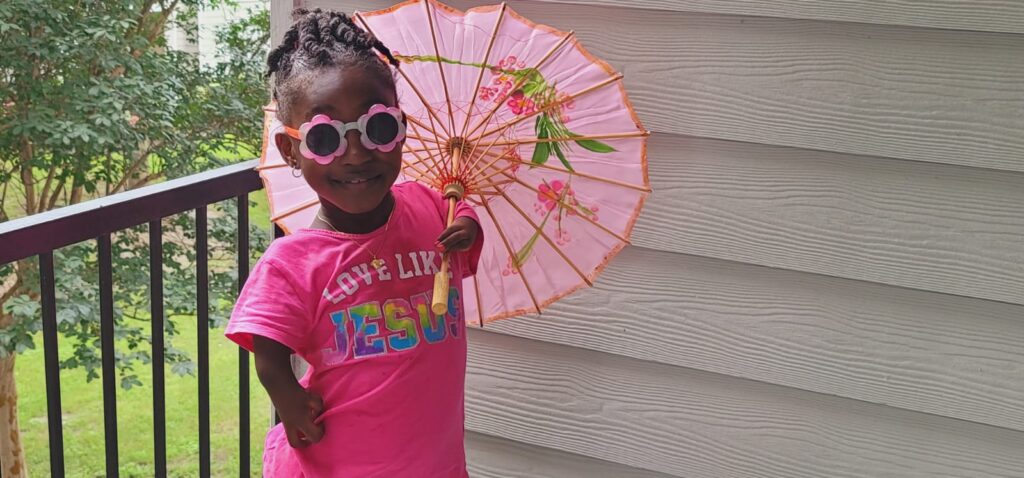
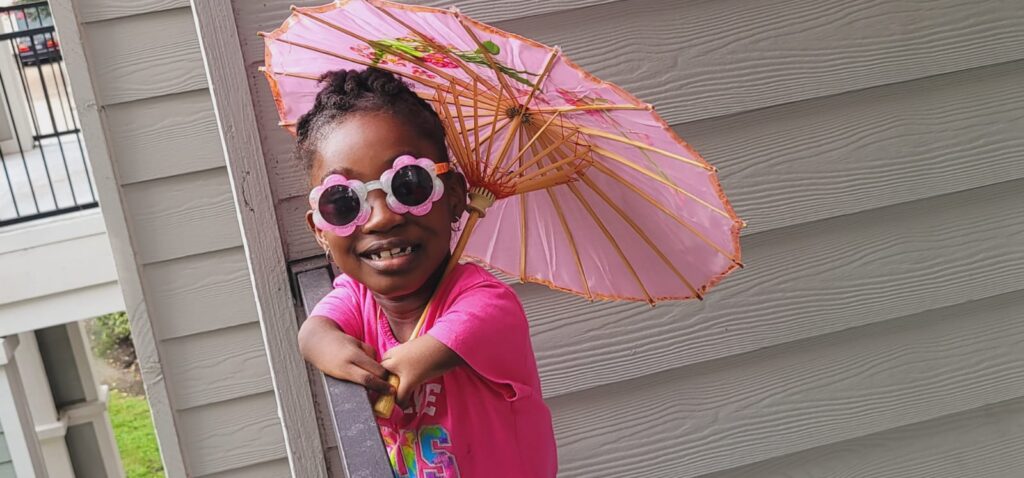
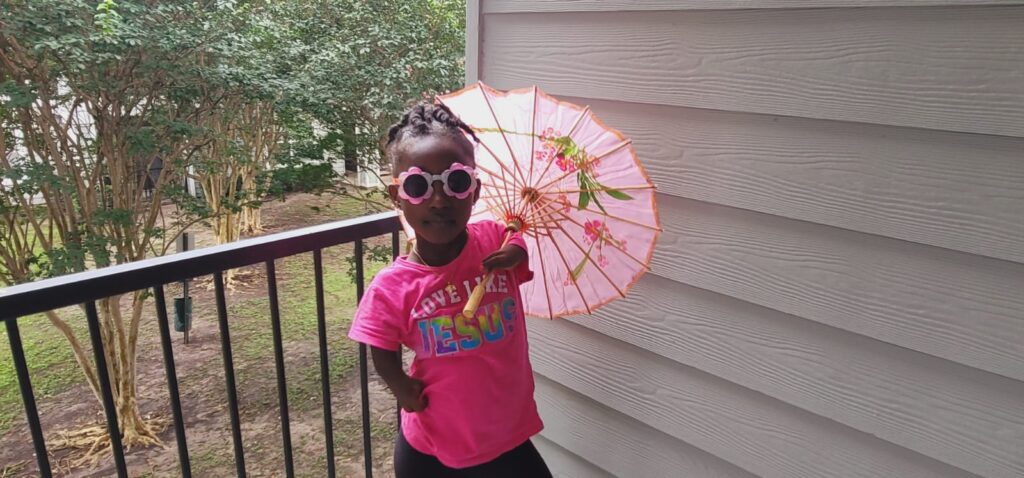
Self-Compassion Is Not Selfish
Self-appreciation is not the same as self-pity or self-indulgence — it doesn’t mean living in a me-centered world.
When people feel pity about themselves, they become immersed in their own problems and think they are the only ones suffering. Self-pity is about playing the victim in your life — you get stuck blaming others and lose control of your destiny.
Self-indulgence is escapism — you get distracted to avoid taking care of yourself.
Self-centered people live in a me-me-me world — they believe everything revolves around them. When people can’t appreciate themselves, they become desperate for external appreciation.
A healthy relationship with yourself requires a balanced perspective. As Malcolm Forbes said, “Too many people overvalue what they are not and undervalue what they are.”
Appreciation is critical — it refers to valuing who you are and what you do.
It’s not about becoming someone different but appreciating who you already are. You are at peace with your own company — you acknowledge your beliefs, trust your instincts, and accept both your flaws and successes.
Self-Appreciation is recognizing the value that lies within you.
Honor Your Uniqueness
“You are a wonderful manifestation. The whole universe has come together to make your existence possible.” — Thich Nhat Hahn
Love who you are without having to pretend you are someone you are not.
We all want to feel special, but we are not. Bragging about your achievements is as self-centered as feeling pity for your problems. Self-Appreciation is about consciously acknowledging the positive within you without the need to compare yourself to others.
We usually focus more on negative thoughts rather than positive ones — that’s why we narrow our inner-perception. We either get stuck on that negative self-image or exaggerate our good traits to offset negativity.
Kabat-Zinn encourages us to develop an appreciation “for the richness of life and the inevitability of all its dilemmas, sorrows, tragedies and ironies.”
Zinn reminds us that life is always in flux — nothing is neither permanent nor perfect. Life is full of good experiences as well as the little things that go wrong. We must confront and come to terms with what is most human in ourselves — your ideas, thoughts, possessions, relationships, emotions, bodies, everything.
When you appreciate yourself, it’s easier to appreciate others. Lack of self-acceptance is why people have enemies — it’s impossible to accept other people’s uniqueness if you can’t honor yours.
As Jon Kabat-Zinn says, “Note that this journey is uniquely yours, no one else’s. So the path has to be your own. You cannot imitate somebody else’s journey and still be true to yourself.”
Practicing positive self-talk and being more appreciative can expand your inner-perception — You create new neural pathways that lead to positive thoughts.
Some people believe that a positive approach to change can hinder our growth. Appreciation doesn’t mean being naif or overly-optimistic — it’s about making your foundation stronger so you can continue building on top.
Genuine appreciation of self develops a sense of humility and sensitivity — we acknowledge that we all have strengths and weaknesses. You embrace your goodness without becoming overconfident or arrogant.



